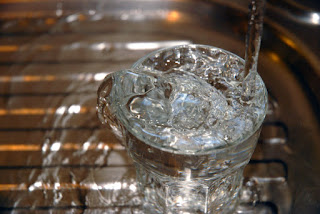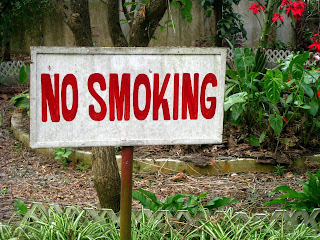7 Foods That Will Damage Your Teeth
As you sit down with a snack to watch your favorite TV shows or read a book, be conscientious about what you grab to munch on. Whatever you choose, it could be contributing to tooth decay and other mouth diseases. As you know, some foods are worse than others for the health of your teeth. Below, Dr. Landry in Seville, OH outlines some of the worst choices for your dental health.1. Hard Candy:
Candy is bad enough as is, they contain all kinds of sugars that attack your teeth. However, hard candies are even worse as they can cause a dental emergency. Patients come in all the time who have cracked their tooth due to chomping down on a hard candy.
2. Chewy/Sticky Food:
Foods like gummy bears, jelly beans, starbursts, skittles, and other foods of this nature, have a tendency to get stuck in your teeth for long periods of time. Due to being stuck on your teeth, these foods assault your teeth and lead to tooth decay. If you do eat these foods make sure to floss and brush after you are done.
3. Crunchy Food:
Foods like potato chips and pretzels contain a lot of starch. Think about this, how often do you find yourself trying to get particles of potato chip or pretzel out of your mouth after you ate them? This is due to the tendency starch has to get stuck in your teeth, especially your molars.
4. Citrus:
Fruits are great for your health, they contain many vitamins that are essential to your health. However, fruits that have high amounts of citric acid may be bad for your teeth. Fruits like oranges, grapefruit, lemons, limes, and tangerines contain a lot of citric acid. This acid can attack your tooth enamel and cause damage to the tooth.
5. Alcohol:
Think about this the next time you go to grab a beer or glass of wine. One major side effect of alcohol consumption is dehydration, which leads to dry mouth. Dry mouth prevents your mouth from properly protecting itself from cavities, gum disease, and other infections. Make sure to keep you saliva flow adequate.
6. Caffeinated Drinks:
Like alcohol, caffeine causes you to have dry mouth. In addition to dry mouth, many people add sugar to their tea, coffee, and we all know how much sugar soft drinks contain.
7. Sports Drinks:
When exercising or partaking in athletic events, they are great for your recovery. However, if you consume these drinks on a regular basis, the levels of sugars can cause harm to your teeth and mouth.
So, now you may be wondering what foods you can actually eat. Have no fears, Dr. Landry will examine what foods are beneficial to your oral health in our next blog post, so stay tuned!
Think you might have a cavity or need a cleaning? Please feel free to contact Dr. Landry in Seville, OH serving patients in Wadsworth, Medina, Creston, Chippewa Lake, Westfield, and surrounding areas!

















